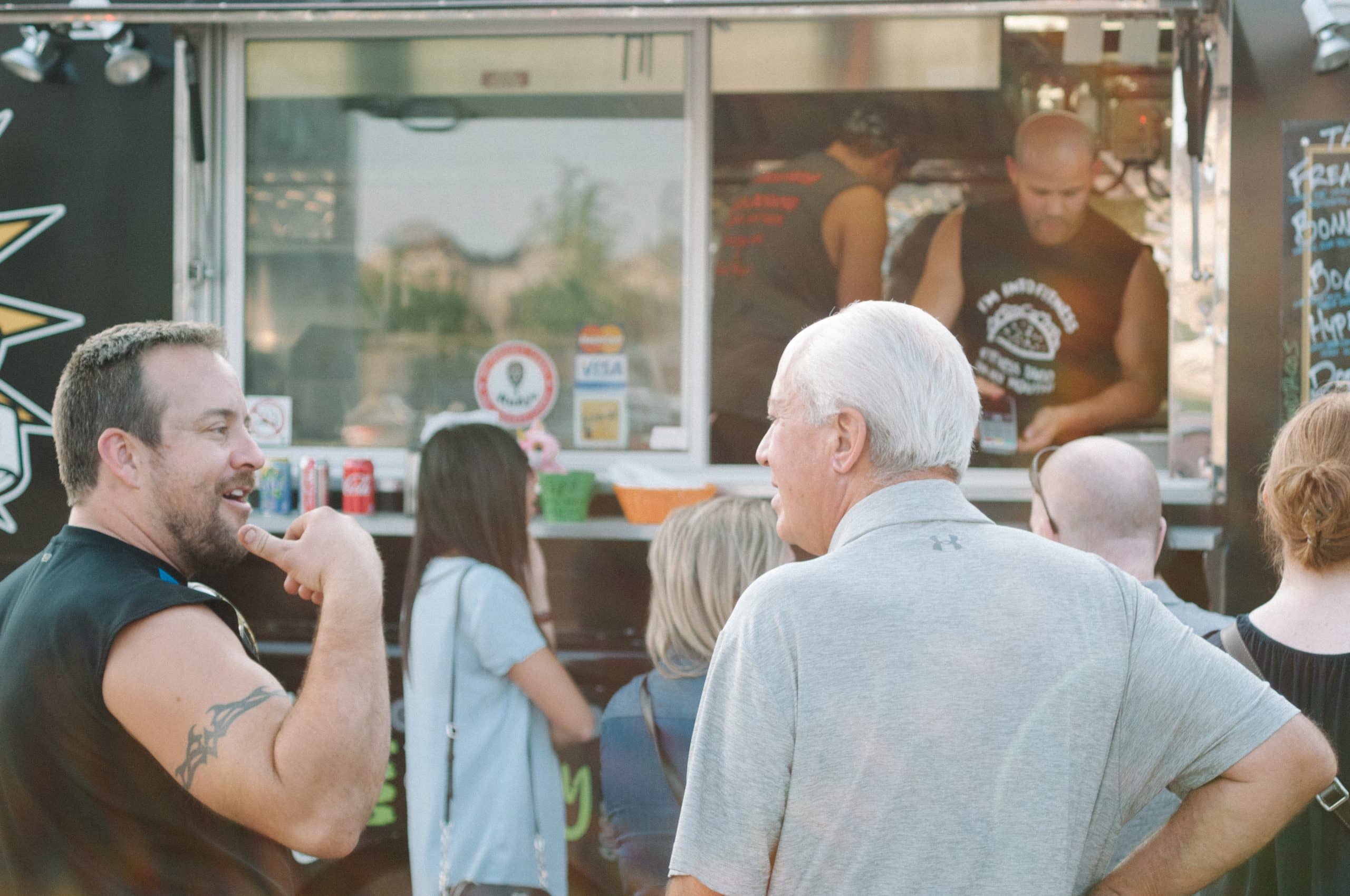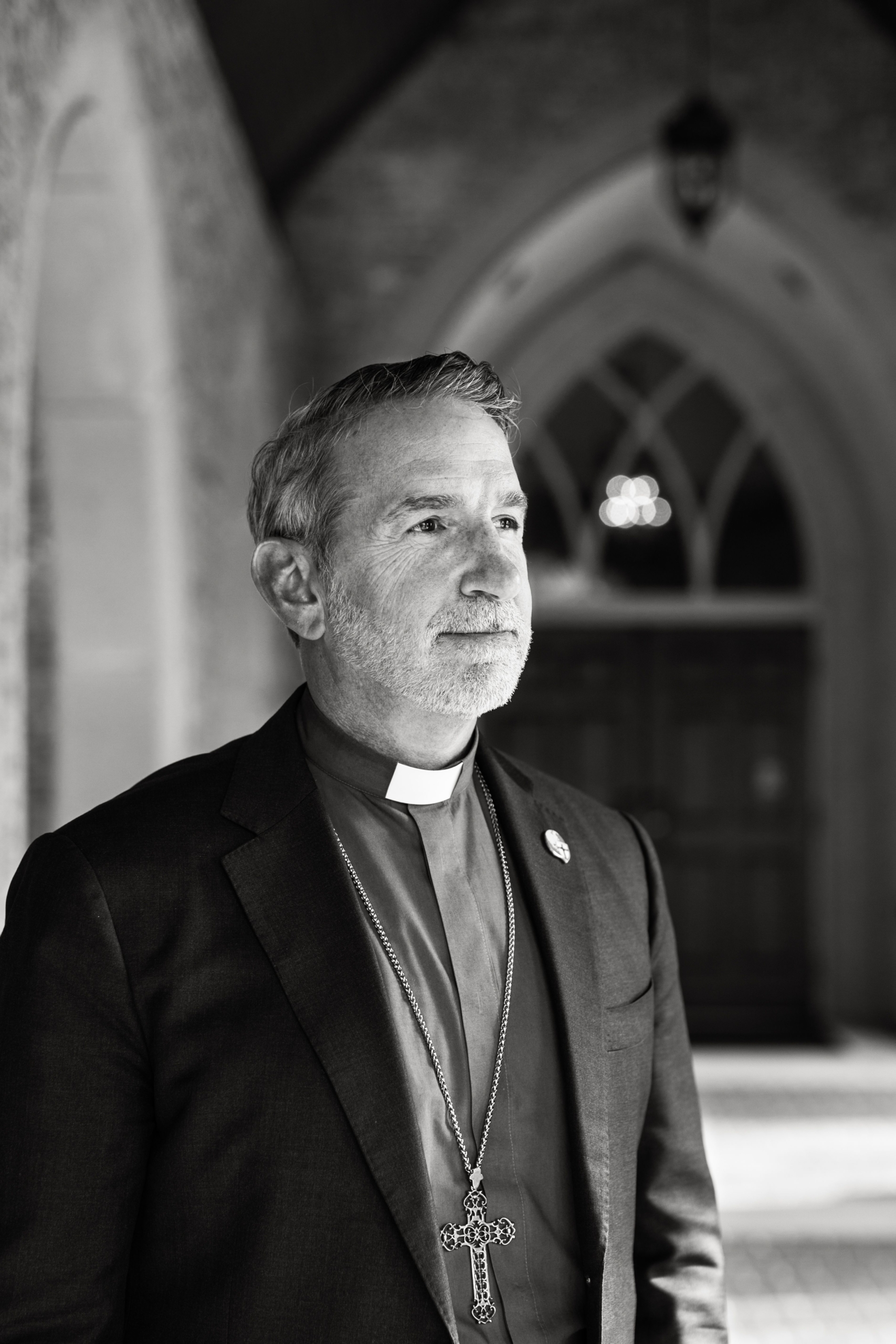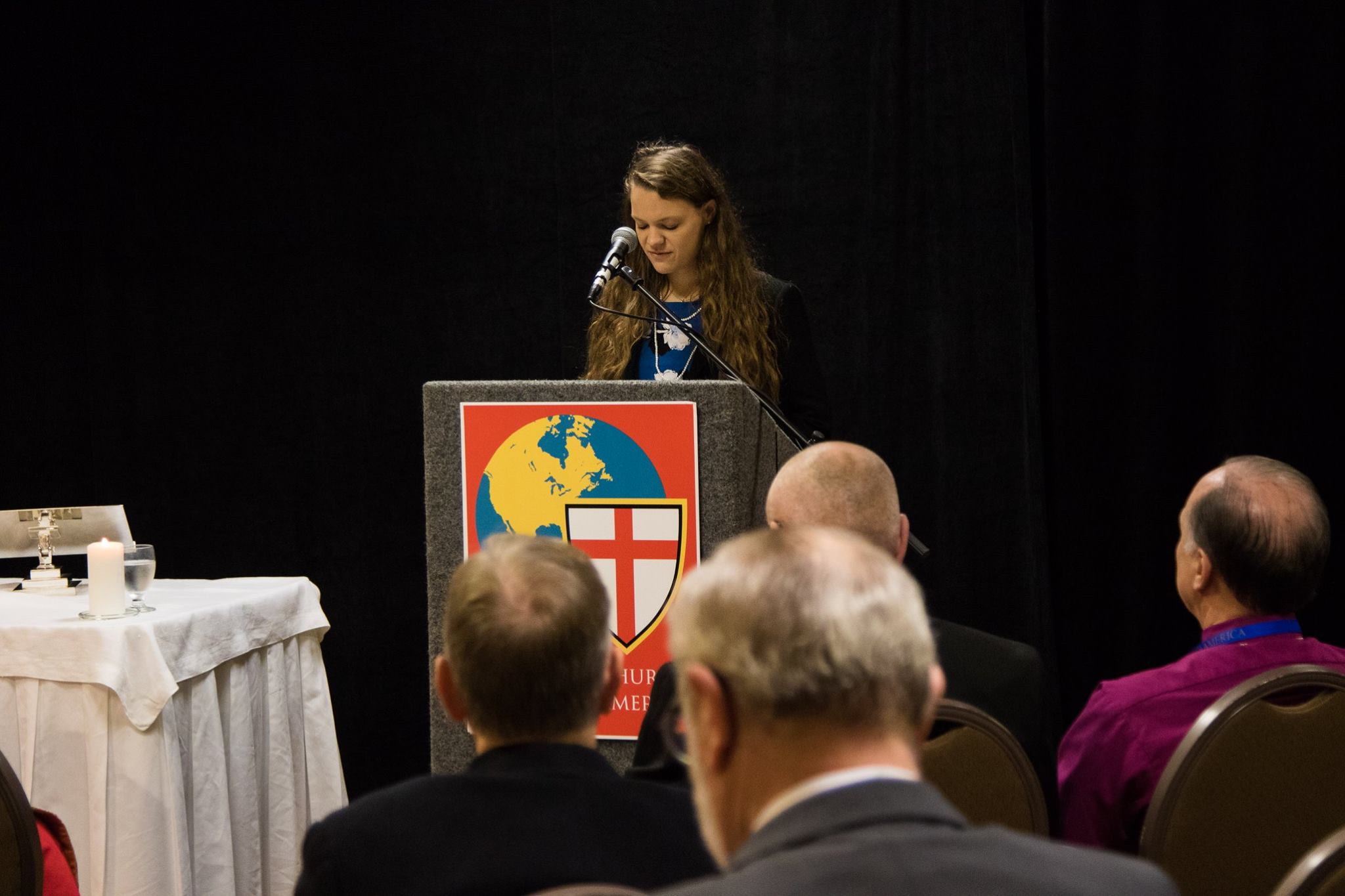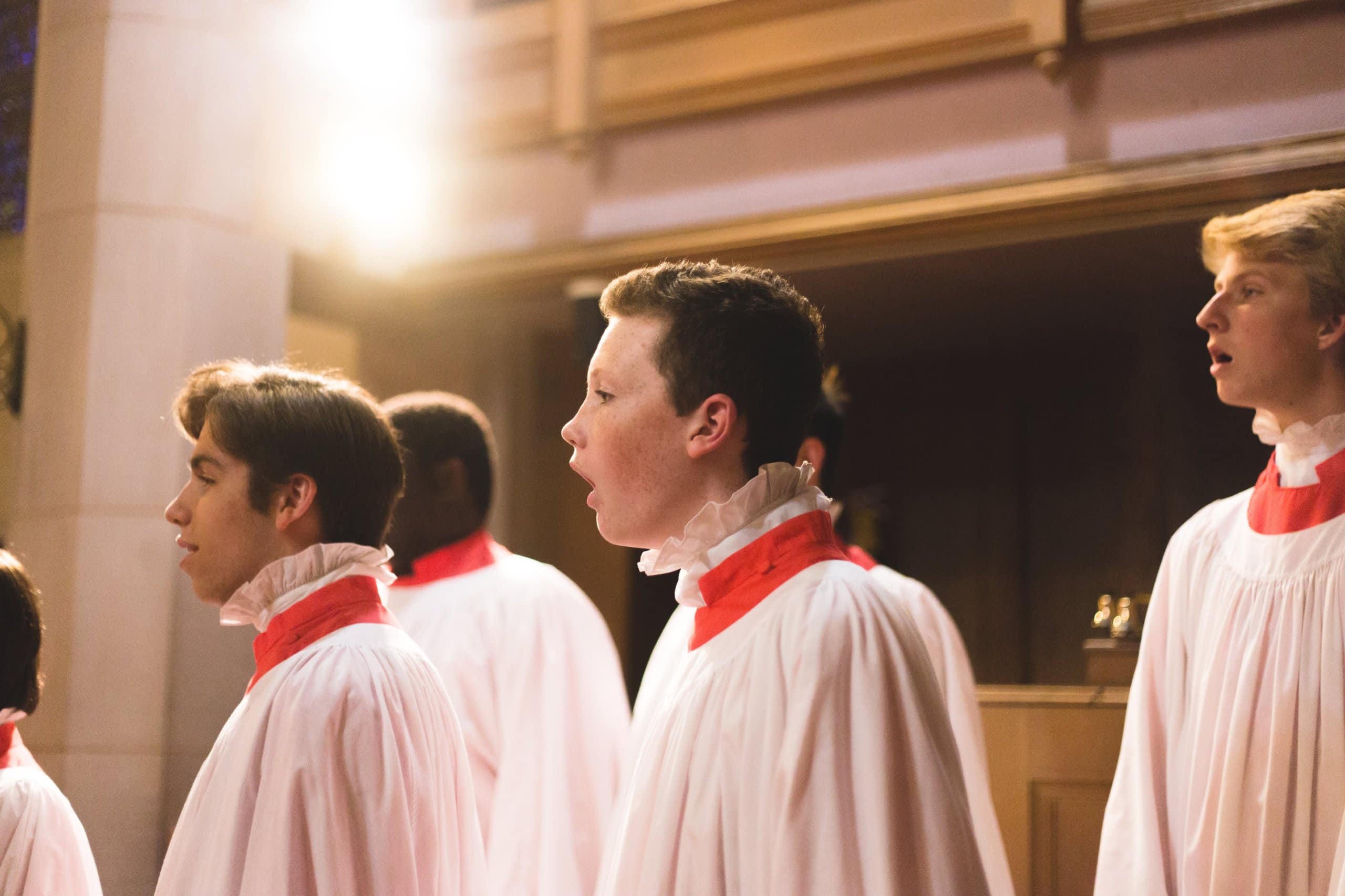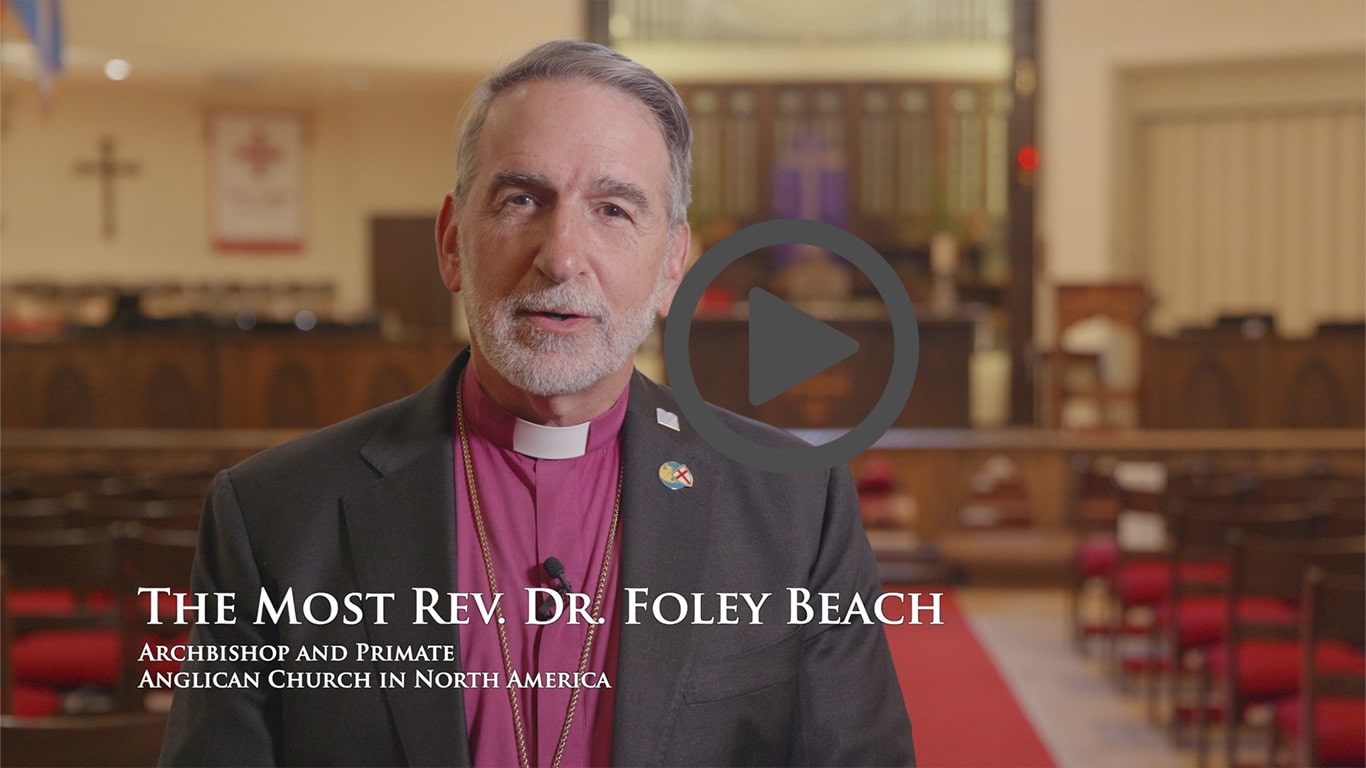I was sitting alone in the fellowship hall when I heard them around the corner. A father and two children were entering the church doors to use the restrooms.
“Okay, kids, here we go,” the father said, his voice full of drama and trepidation. “Something we never thought we’d ever do…. we’re going into a church.”
As they tip-toed to the bathrooms I could hear other families playing and laughing outside. Hundreds of them had come that evening from the neighbourhood and were strewn all over the church lawn and parking lot. Kids were playing street hockey and basketball. Parents were eating in lawn chairs and on tailgates. It was Thursday night and for many, even people who swore to never set foot in a church, that meant Breaking Bread food trucks at St. George’s Anglican Church in Burlington, Ontario.
Where Did the Idea Begin?
“The idea for Breaking Bread came from meeting and getting to know the residents in the neighbourhood where our new building is located,” Stephanie Finn, the lead organizer of the project at St. George’s, told me. “Our area is saturated with newcomers, primarily commuters, who have relocated from urban areas to raise families. So, isolation is a major issue.”
“We are in an affluent area where people live harried, hurried lives, never really spending time with each other,” said Rev. Canon Ray David Glenn, rector of St. George’s, which is why the church decided to organize and host food truck nights with gourmet-style food for their community.
“For us, surrounded by busy parents with young children and house values of over $1 million, something like this just made sense,” Stephanie said.
So, how did it come together?
“I contacted food trucks first to see if they’d be interested in joining us,” Stephanie explained. “We had just run a very successful outreach event and had some results to show them. I had experience running events and a marketing plan so they knew it wouldn’t be a waste of their time.” With some of the trucks onboard, they were able to get a small city grant and attract some local organizations to help with the sports and crafts.
Hosting the trucks doesn’t make or cost St. George’s money. Apart from scheduling the two or three weekly trucks, setting up garbage cans and a few hockey and basketball nets, the event is relatively low-maintenance for them, requiring only a few volunteers each week and often attracting 400-500 people.
What’s the Purpose?
“We have a lot of regulars now. People meet their own neighbours at the craft table. And, a few of them have even told us they consider St. George’s their church home, they just don’t come on Sundays, yet,” she said.
“We have information out on the tables, but we didn’t want this to feel like a sales pitch because that was something that alienated us as seekers and new Christians,” Stephanie and her husband Rev. Len Finn told me. “We wanted to show our community how the generosity of the Gospel changes lives. We welcome total strangers onto our property, invite them to share a meal and break bread with us, and entertain their kids while they sit back and relax.”
“The gospel cuts against both isolation and earning with the good news of Jesus Christ who has freely given to us, though we didn’t earn it; inviting us into his kingdom, to his table, and into friendship with him,” Canon Ray David said. “Breaking Bread is our community rubbing up against the goodness of the gospel in tangible ways.”
What Have You Learned?
“Food truck festivals may be trendy these days, but that wasn’t why we did it,” Rev. Len continued. “You have to get to know your community and understand their specific hurts and needs. In another context, food trucks might not be best. The key really is coming to know and love the people of your community and then to pray about how your church has been gifted by God to be a blessing to them.”
“I would recommend churches begin with these five steps,” Canon Ray David said.
1. Become convinced of the stakes of the gospel – hell to shun and heaven to gain
2. Become convinced of the power of the gospel – the power of God for salvation
3. Become clear on the message of gospel
4. Become clear on the implications of the gospel
5. Build relationships, paying close attention to the needs of your neighbourhood and how they can be addressed from the gospel
These may lead to taking on something similar, or something completely different. But they will lead to building goodwill in your neighbourhood from the good news of God’s one-way love for us in Jesus.”
–
More information: www.stgeorgesonline.com/breakingbread
Scott Hunt is the Communications Director for the Anglican Network in Canada, a diocese of the Anglican Church in North America. He’s a member of St. George’s Burlington and lives in Fergus, Ontario with his wife, Richelle.
